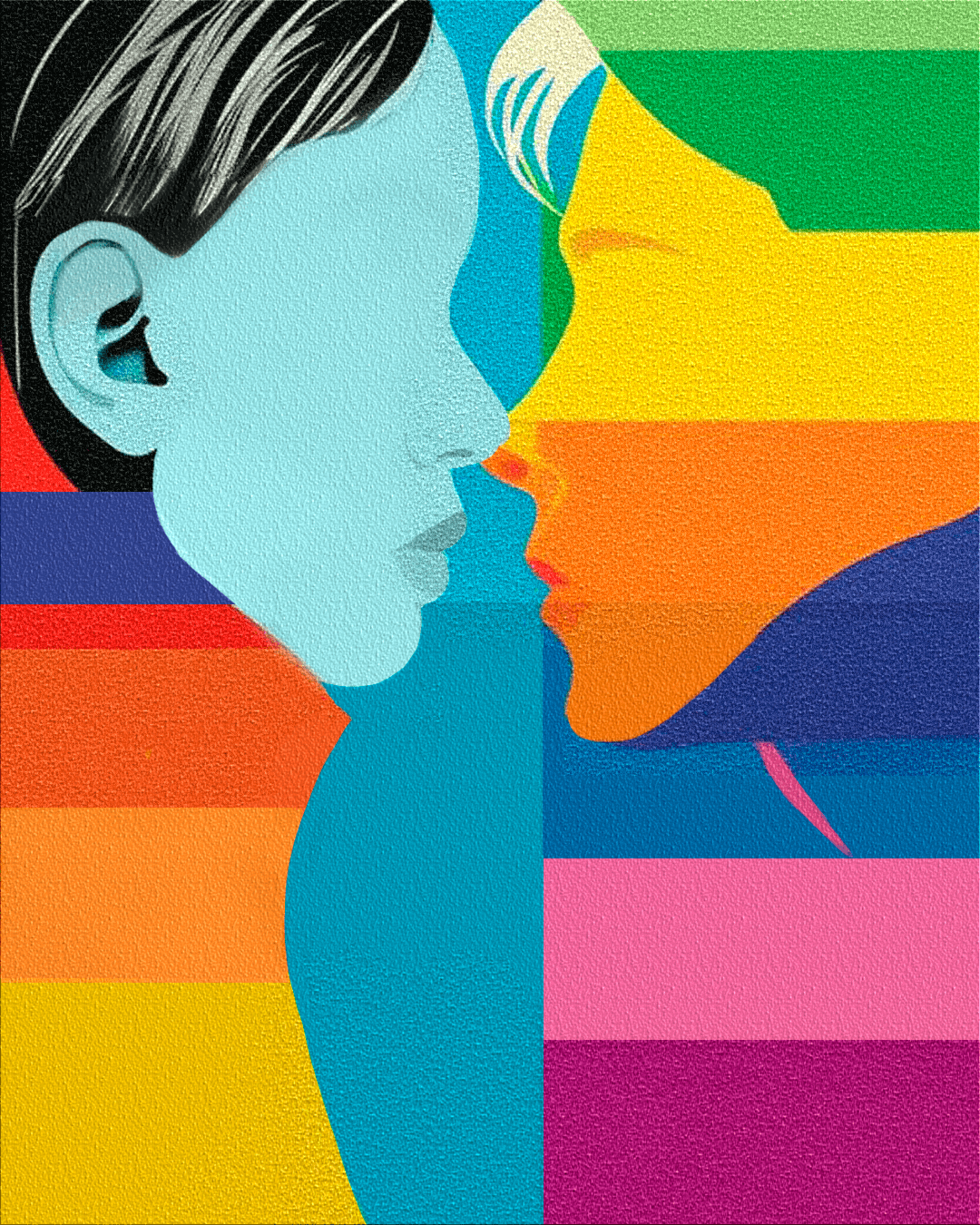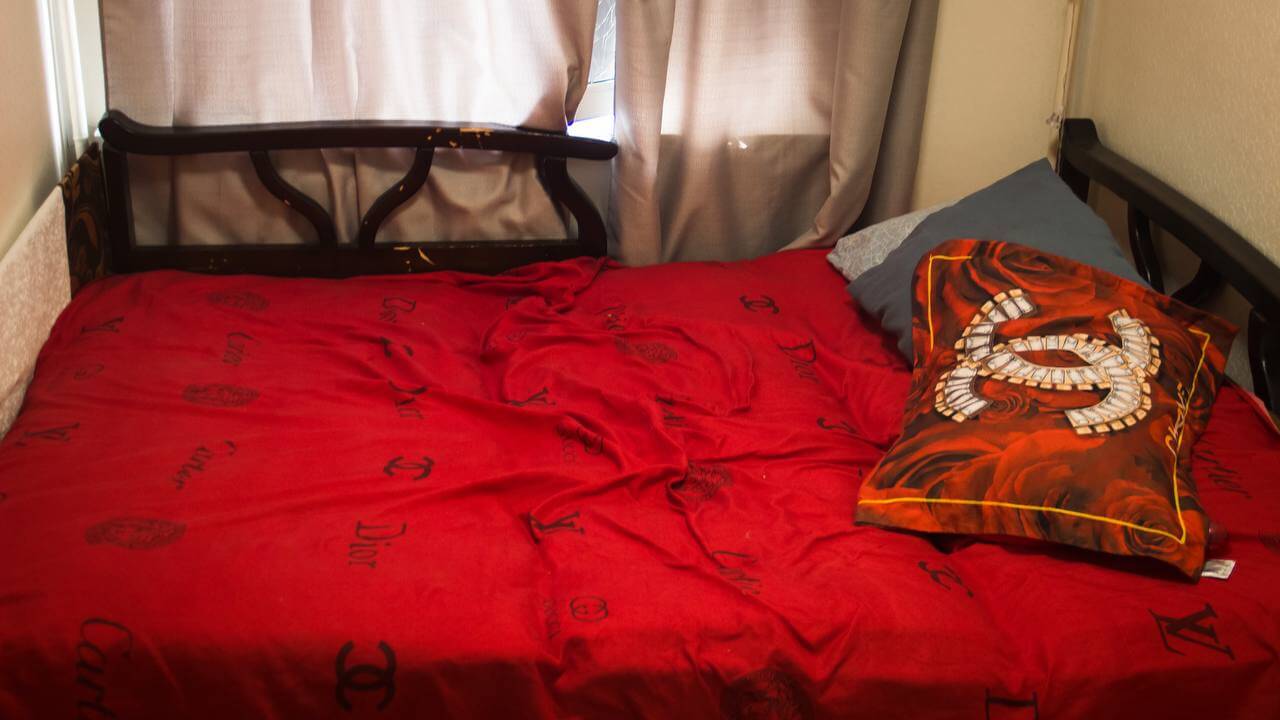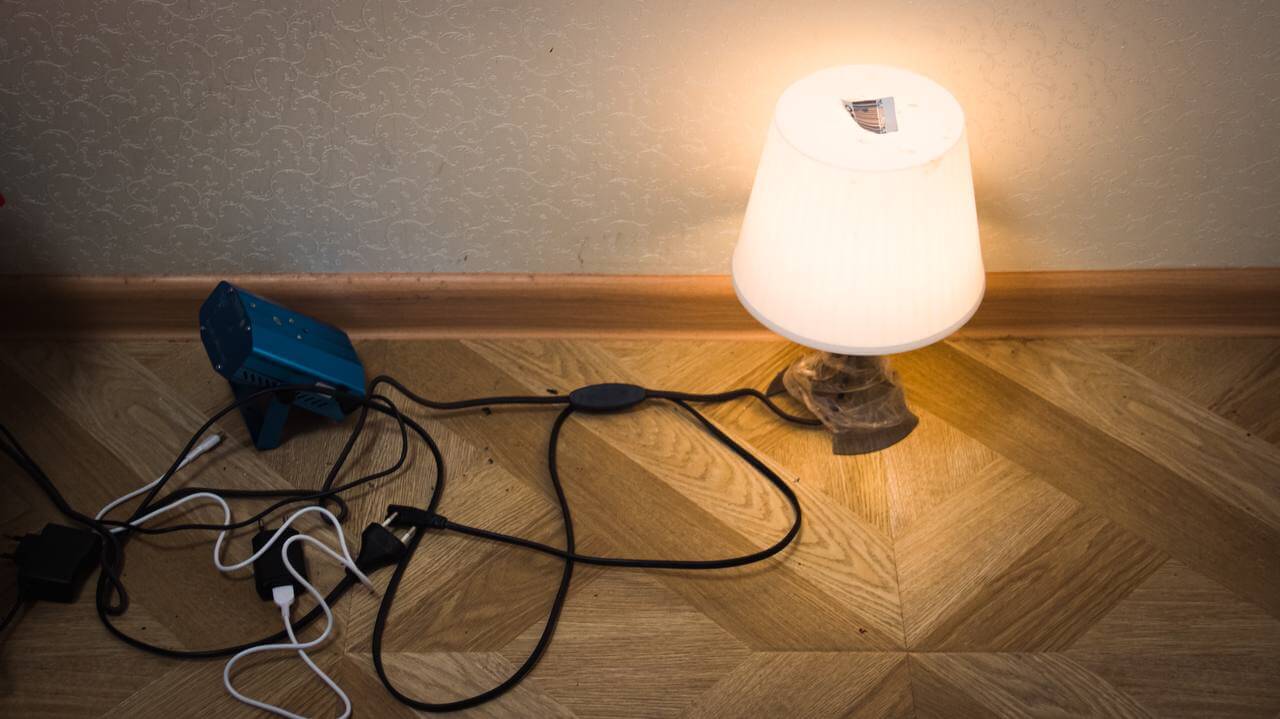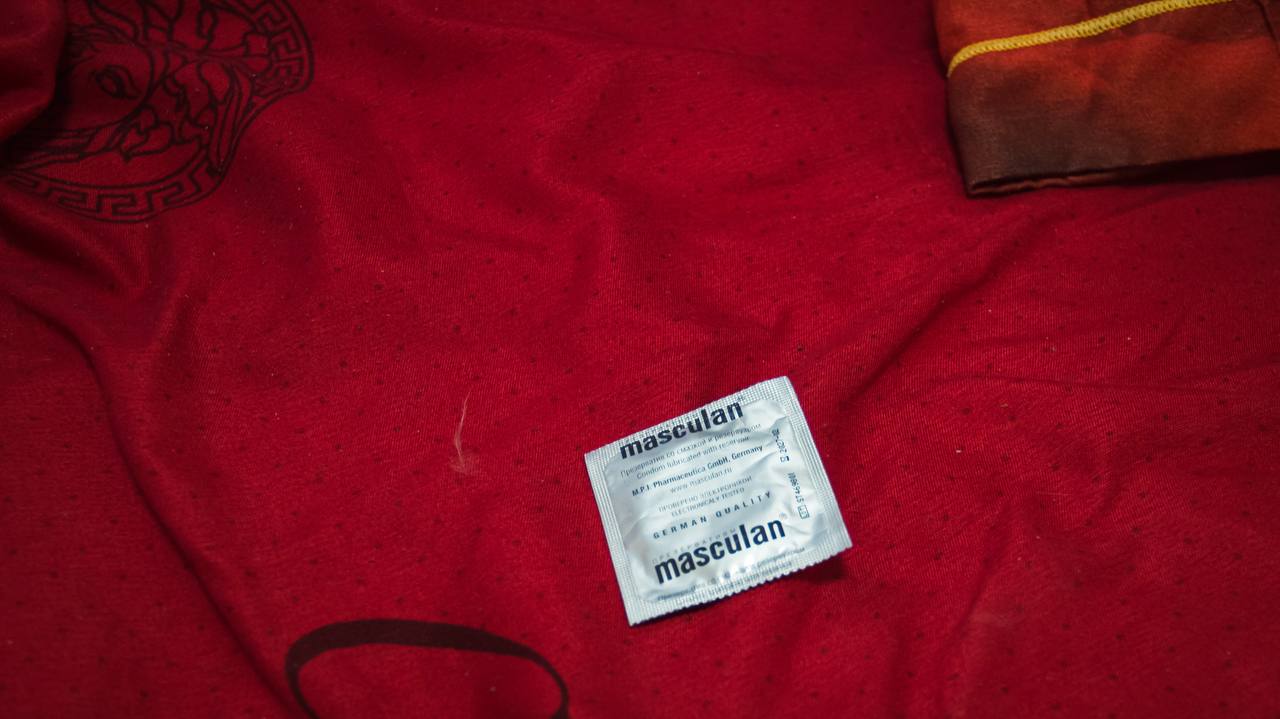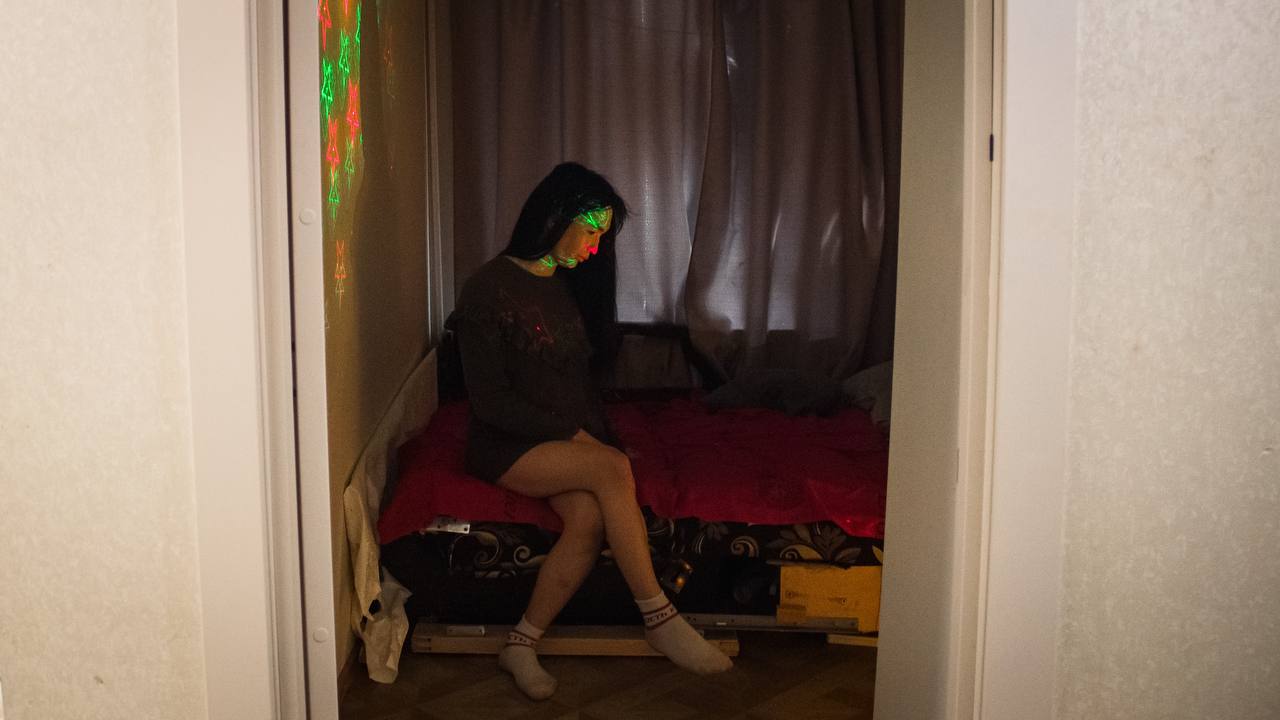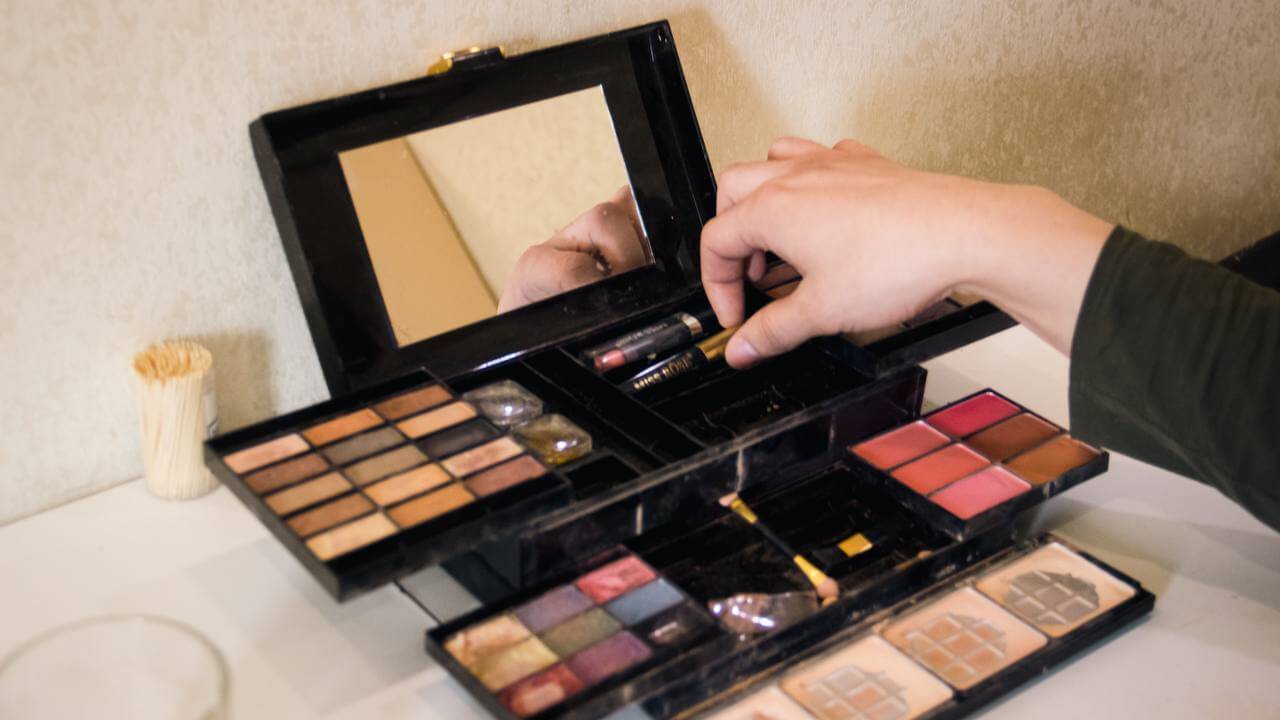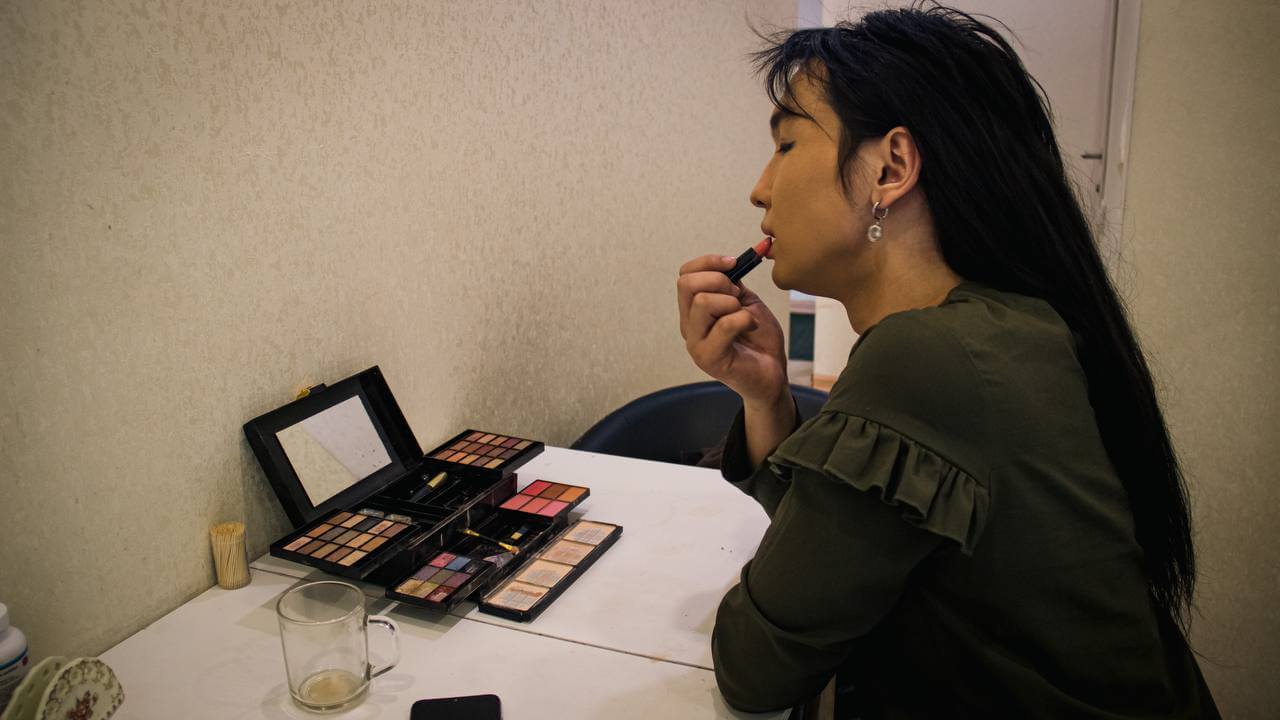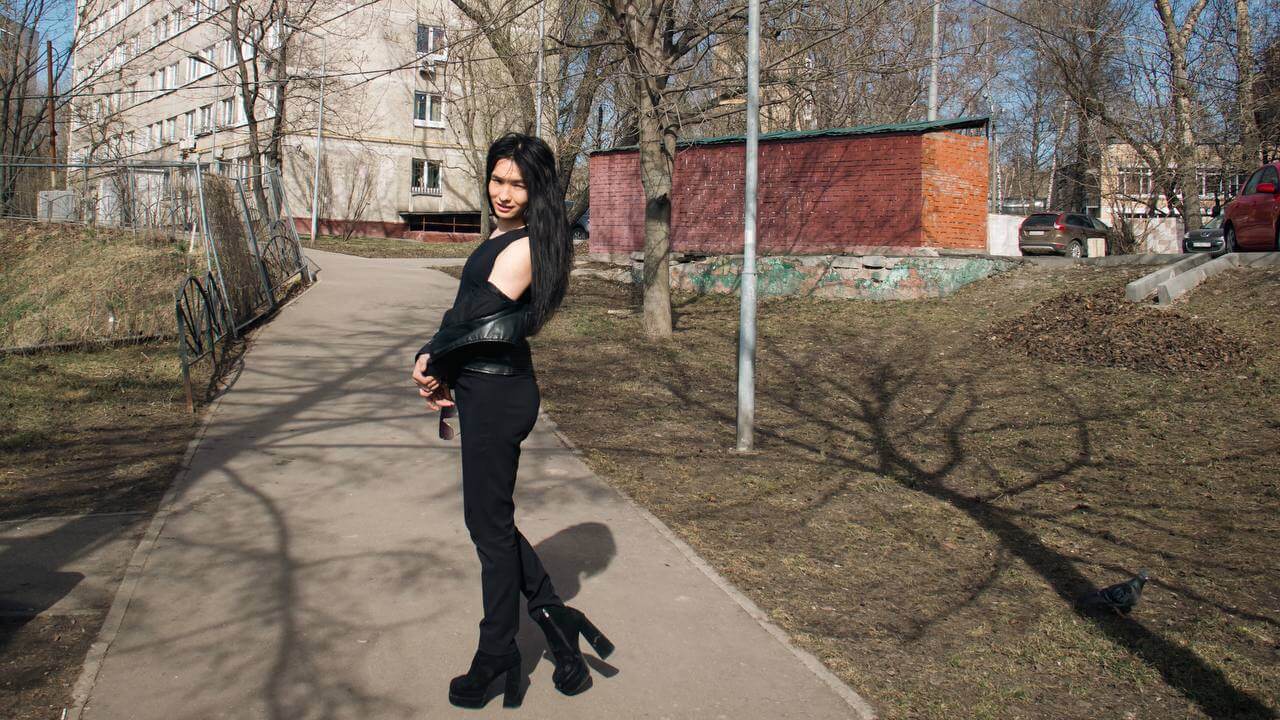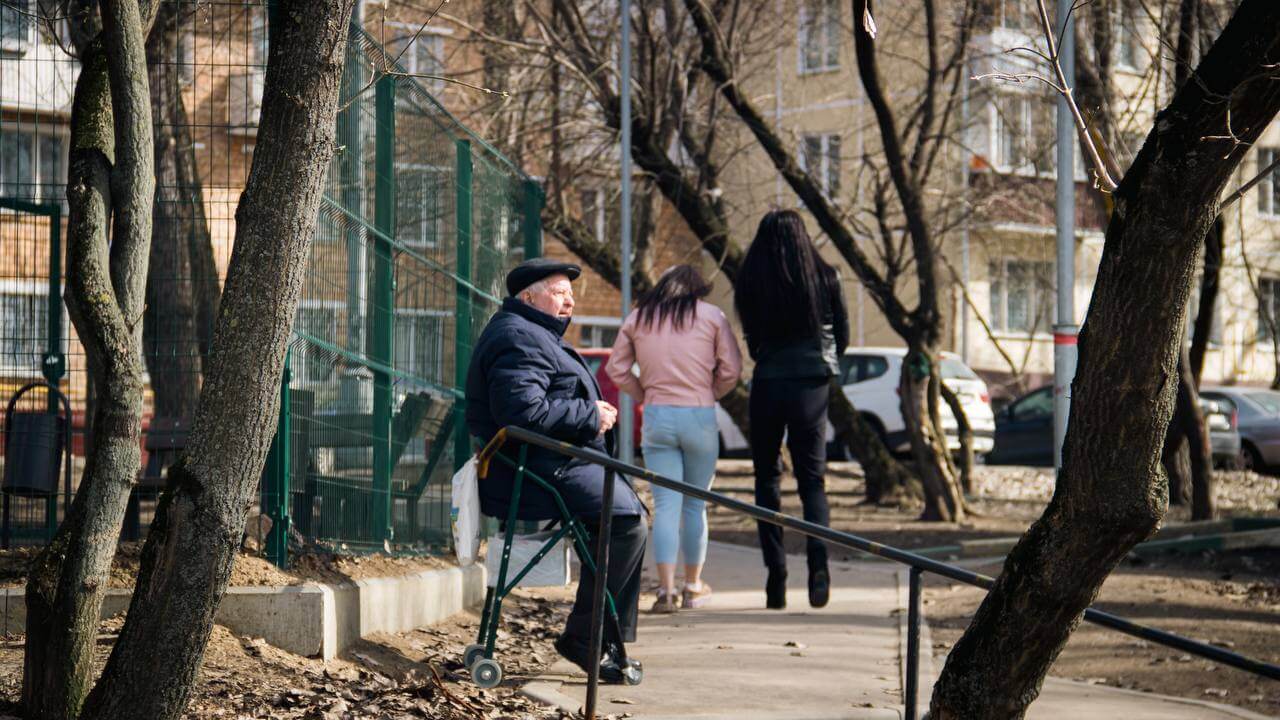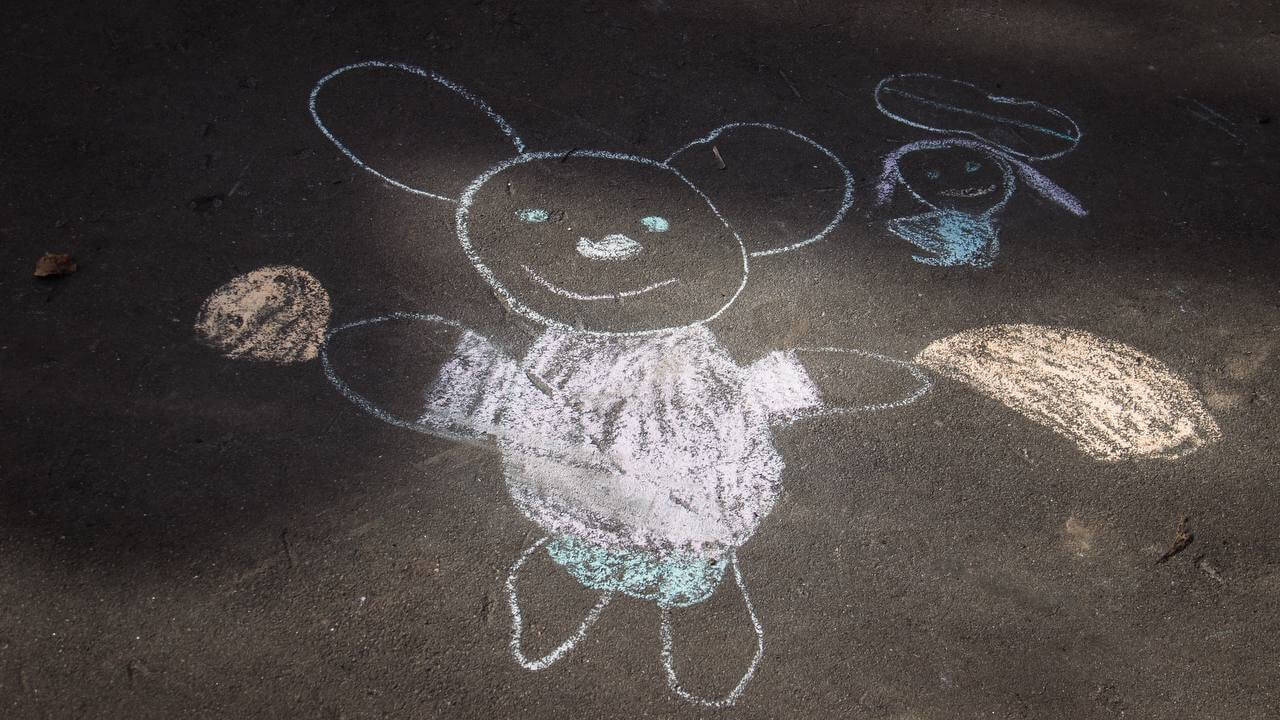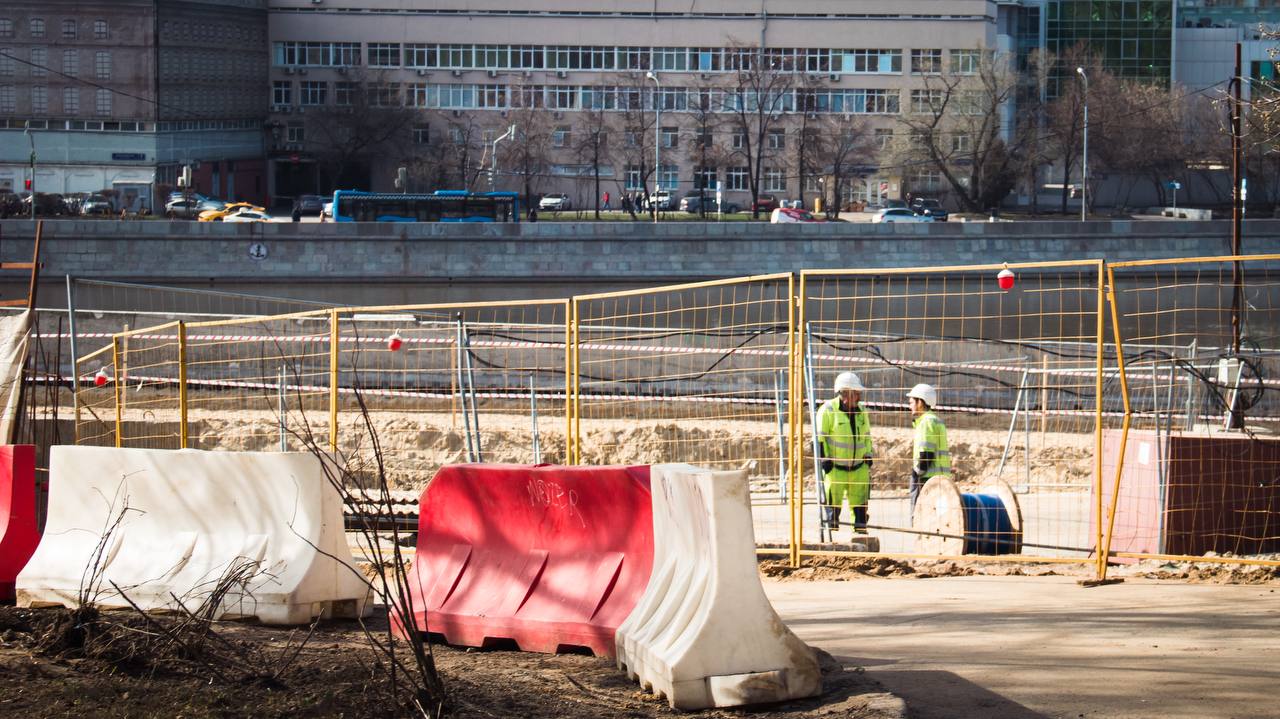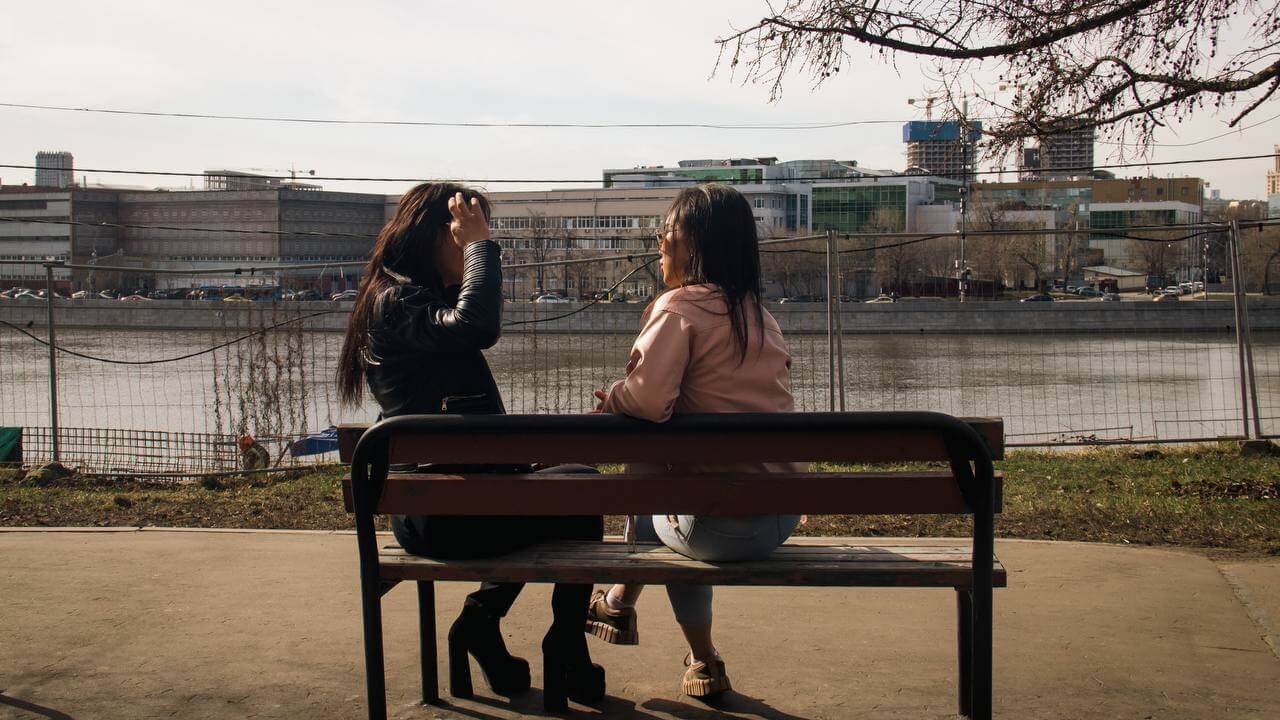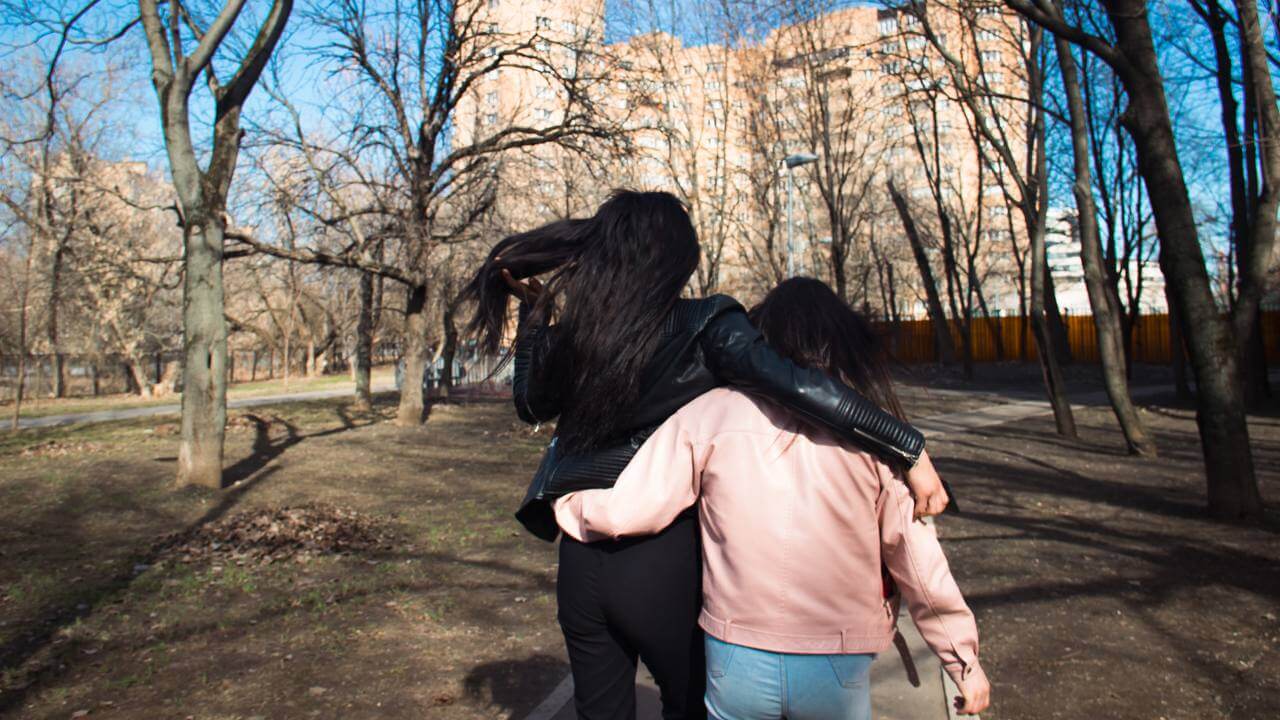Migration Is the Path to Freedom. A Photo Report about Sumaya
Many of those who work abroad are trying to build a house, get married, and get back on their feet. However, for some people, migration is not a source of income, but the key to freedom. An example of this is some Kyrgyz LGBT people.
[playht_player width="100%" height="90px" voice="en-US-ElizabethNeural"]
The photo report The Road to Freedom tells the story of queer* people (those whose sexual attraction and gender identity differ from the majority) who fled their country and took refuge in Moscow. In this part, 21-year-old Sumaya shares her dreams.
Sumaya is 21 years old. Since 2020, she has been working in Moscow.
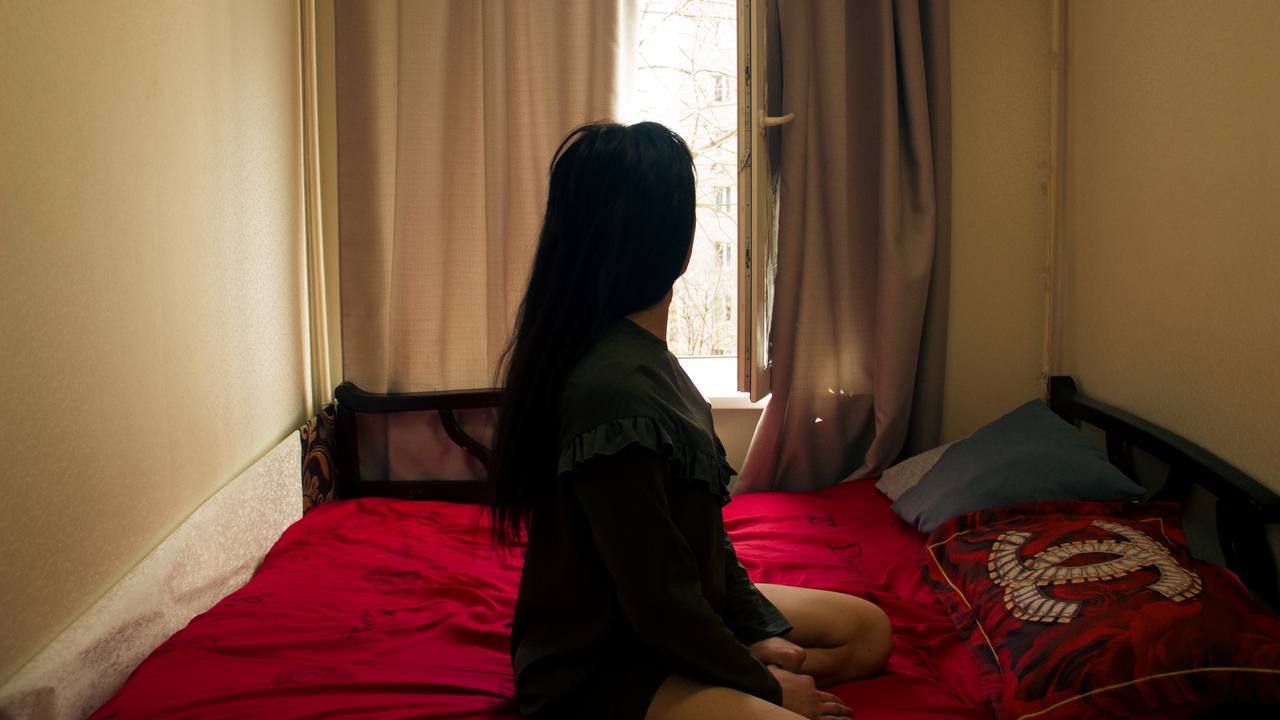
“I will become a trans* deputy in the future”,
said Sumaya sitting on the sofa in a small dark room, looking out the open window at the trees outside that have just tied the buds. She has been working in Moscow for three years. When she told her family she was a trans* woman, they didn’t accept it. Therefore, she is forced to hide in a foreign country.
A trans* woman is a person who was registered as male at birth but who identifies as a woman.
“When I was young, I dreamed of becoming a trans* deputy. Because there were a lot of anti-LGBT protests at that time, and I thought I could fix them if I became a deputy. I still dream of it. This is my choice, even when I was little I didn’t feel like a man, I felt like a girl. I liked to dress like girls when I went outside”, said Sumaya, sighing deeply.
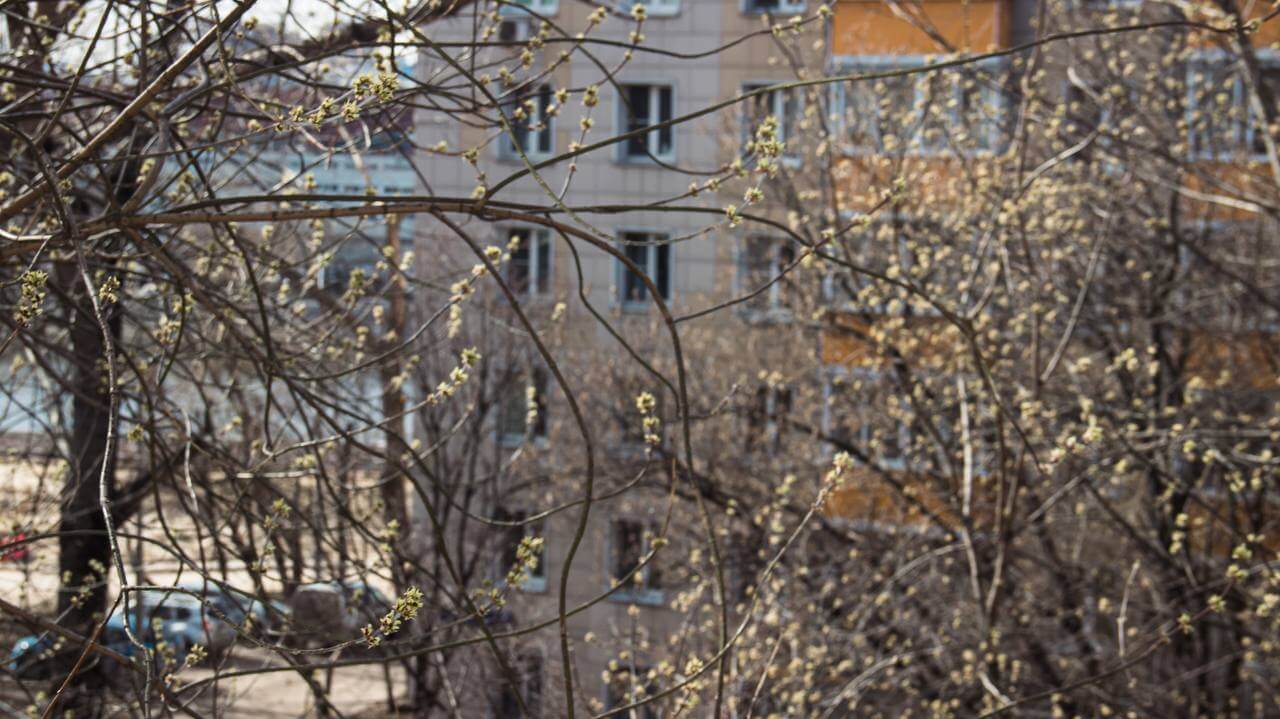
Childhood and the period of self-acceptance
Light enters a room with darkened windows only through one open window. The music coming from the TV in the next big room can be heard up to the room where Sumaya is sitting.
The brooding girl lit a cigarette, as if she came to her senses, and said impassively: “I don’t want to remember my childhood because I faced a lot of problems from my family. I fled to Moscow when they started putting pressure on me”, she said softly, without changing her expression.
“Nothing happened when I was a child, it was my choice when I was 14, and I began to feel like a girl. When we were growing up, spending time with girls, people at school were noticing things, but no one was saying anything. Later, my classmates and neighbors started saying, “You’re a girl, you’re effeminate”. I didn’t even pay attention to it”, she said.
A red cloth draped over the sofa in the living room turned the room pink because of the light falling through the window. The makeup mirror that stood on the shelf next to it reflected the sun.
“I liked it when I was just starting to become a girl. I started taking hormones and feeling like a girl. […] My parents put me in a psychiatric hospital, saying, “You’re sick, you’re infirm”. When I talked to the doctor and said, “I’m not crazy, I chose this path”, he said: “I understand, but you have to think about your family” along with a lot of different things. I was tied up for 10 days in the hospital. After 20 days they kept me at home, not letting me go anywhere. At the age of 18 I fled to Moscow”, she said and turned her back as if she didn’t want to remember that moment.
Upon arrival in Moscow, Sumaya was not allowed to cross the border at first. According to her, the border guards in Moscow saw her passport, and with disbelief let her into the room where she was strip-searched. This is because, in Sumaya’s passport, she is registered as a man.
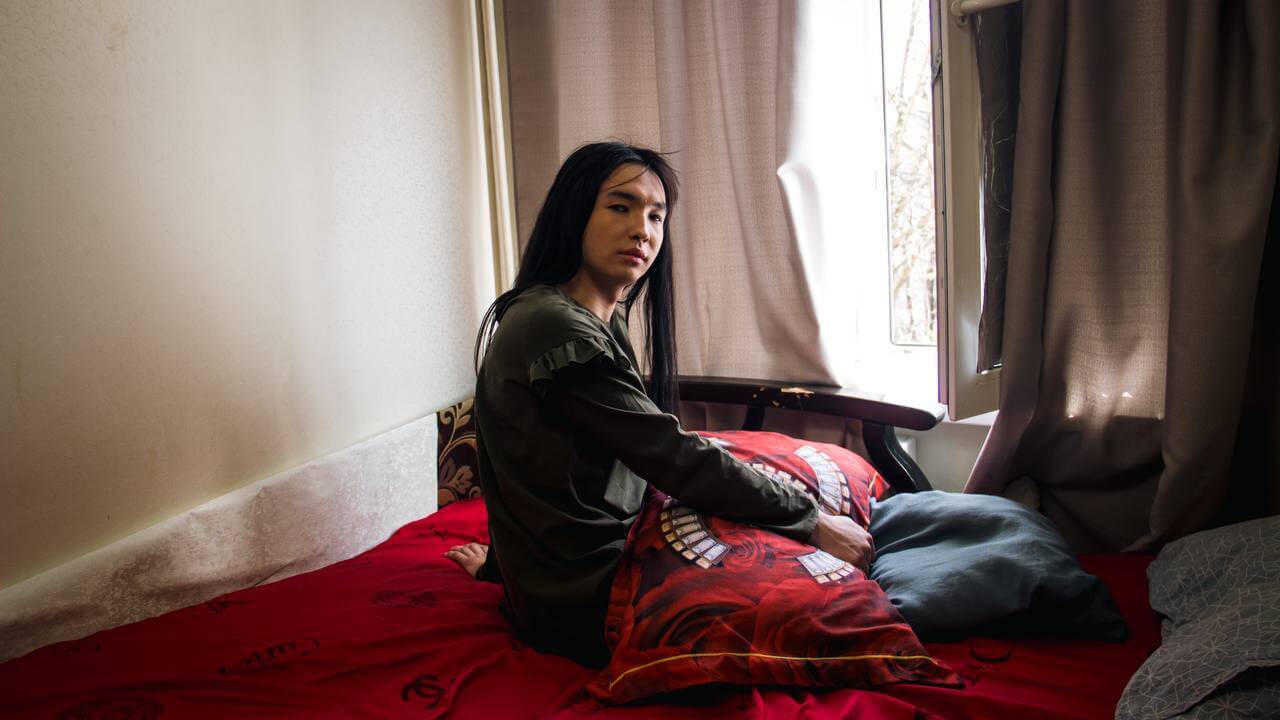
Days in Moscow
Sumaya currently lives in a two-room apartment with four friends. Everyone came from Kyrgyzstan. They eat, work, and go out together.
“The provision of intimate services is the most convenient and safe [job – ed.] for trans* girls”, Sumaya notes. This work is her main source of income. According to her, the fact that the gender marker in her document has not been changed will not allow her to get another job.
“There is a special website for transgender people who provide intimate services. I open a profile and get clients through advertising from there. I’ve been working for three years now. I haven’t been treated in a discriminatory or racist way, my clients just do their job and leave”, said Sumaya and got dressed, putting on a little makeup to go for a walk.
Sumaya notes that it is often difficult for trans* people to find an apartment. According to her, there were cases when an apartment was sublet, but the owners found out about it, and there were fines or evictions.
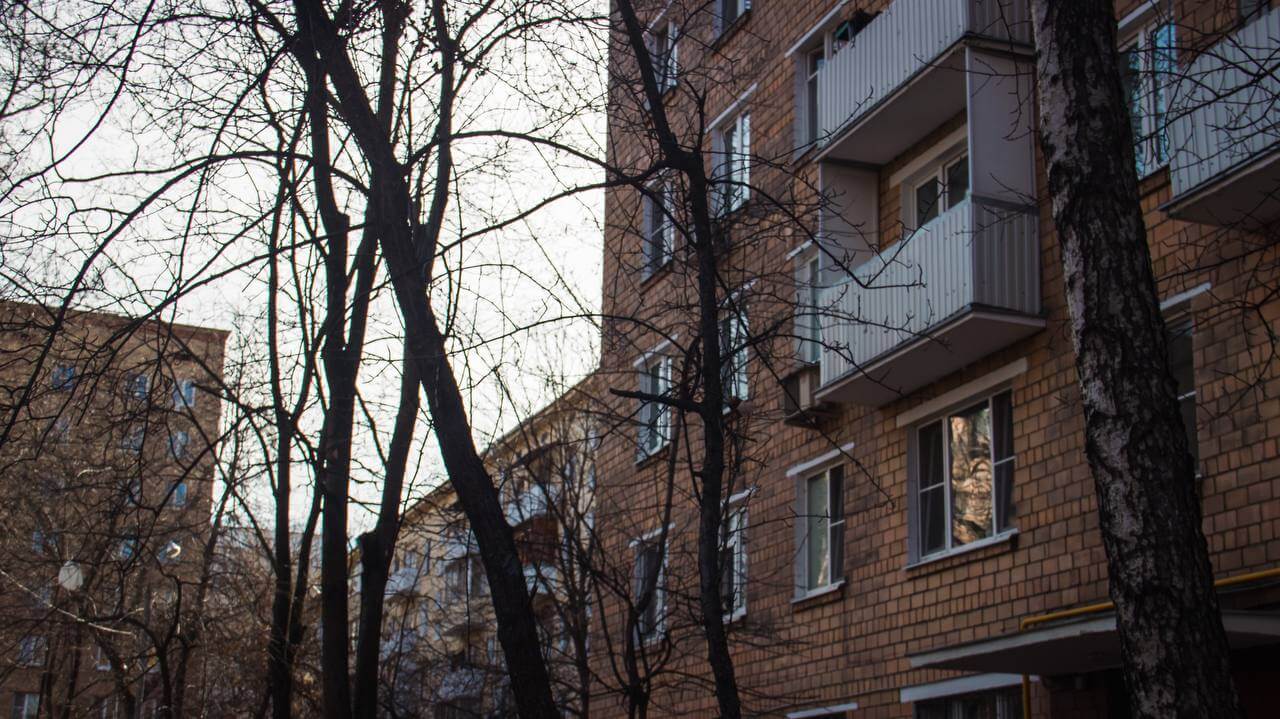
While leaving the apartment, Sumaya said that “recently they had been pressured by the police,” and put on sunglasses. She left the building with her peers and went to the park.
“We were fined 5,000 rubles and told to leave Moscow, charged with LGBT propaganda. I will neither pay nor leave. We were arrested for 2-3 days. The police mocked us. I replied ‘We transgender people are also people’ and that they have no right to do that”, she said and continued her walk.
Sumaya notes that in addition to the police, trans* people are also subjected to pressure from fellow migrants. According to her, sometimes trans* women are beaten by people of Kyrgyz, Tajik, or Uzbek origin.
“There is no danger for me here. I’m not afraid of anything and I will not leave Moscow. I decided that I would stay. I was afraid of being beaten when I just started. But now I’m used to it”, she said.
Joking with her friend, Sumaya noted that she didn’t care that people didn’t accept her, didn’t believe her, insulted her, and that she stopped paying attention to what others thought.
“As in the Kyrgyz proverb “Dogs bark, but the caravan goes on”. Let the haters bark and gossip like dogs, and I will do what I want. Criticism, and words of others, on the other side, will give me strength”, Sumaya said and looked back at the other side of the water as if she remembered a childhood dream.
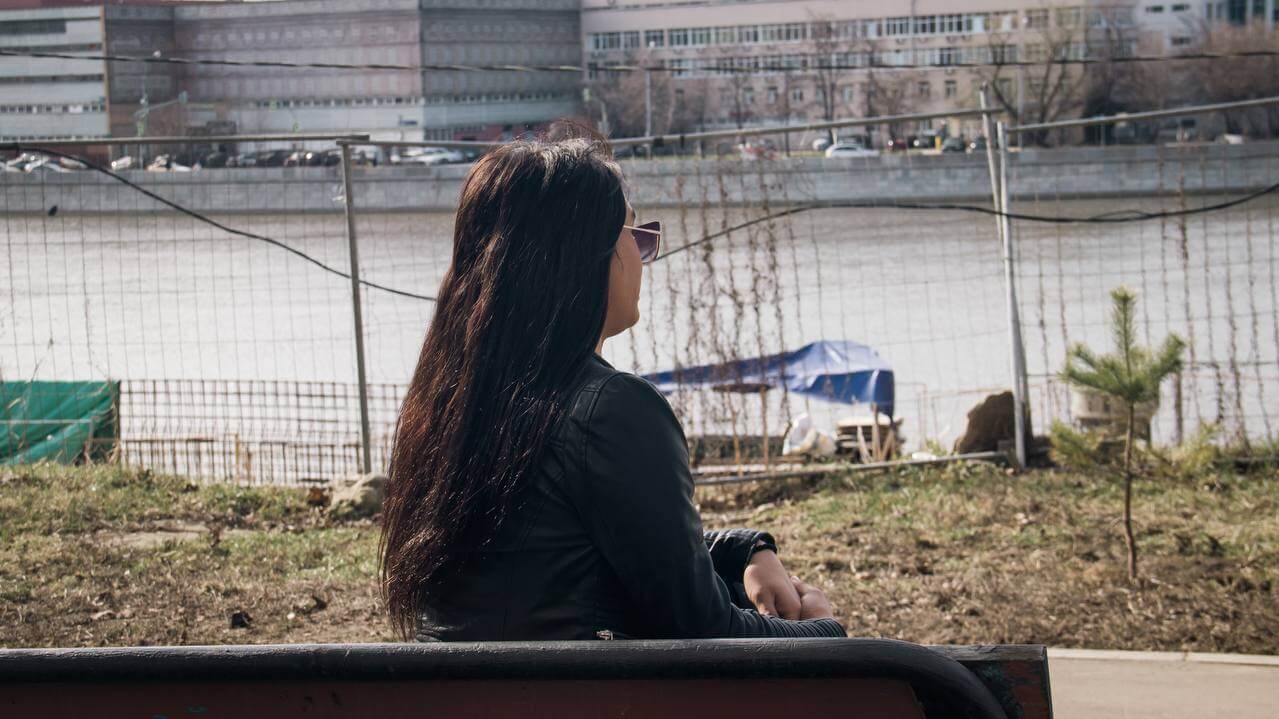
Read more articles from the Issue
Nothing Found
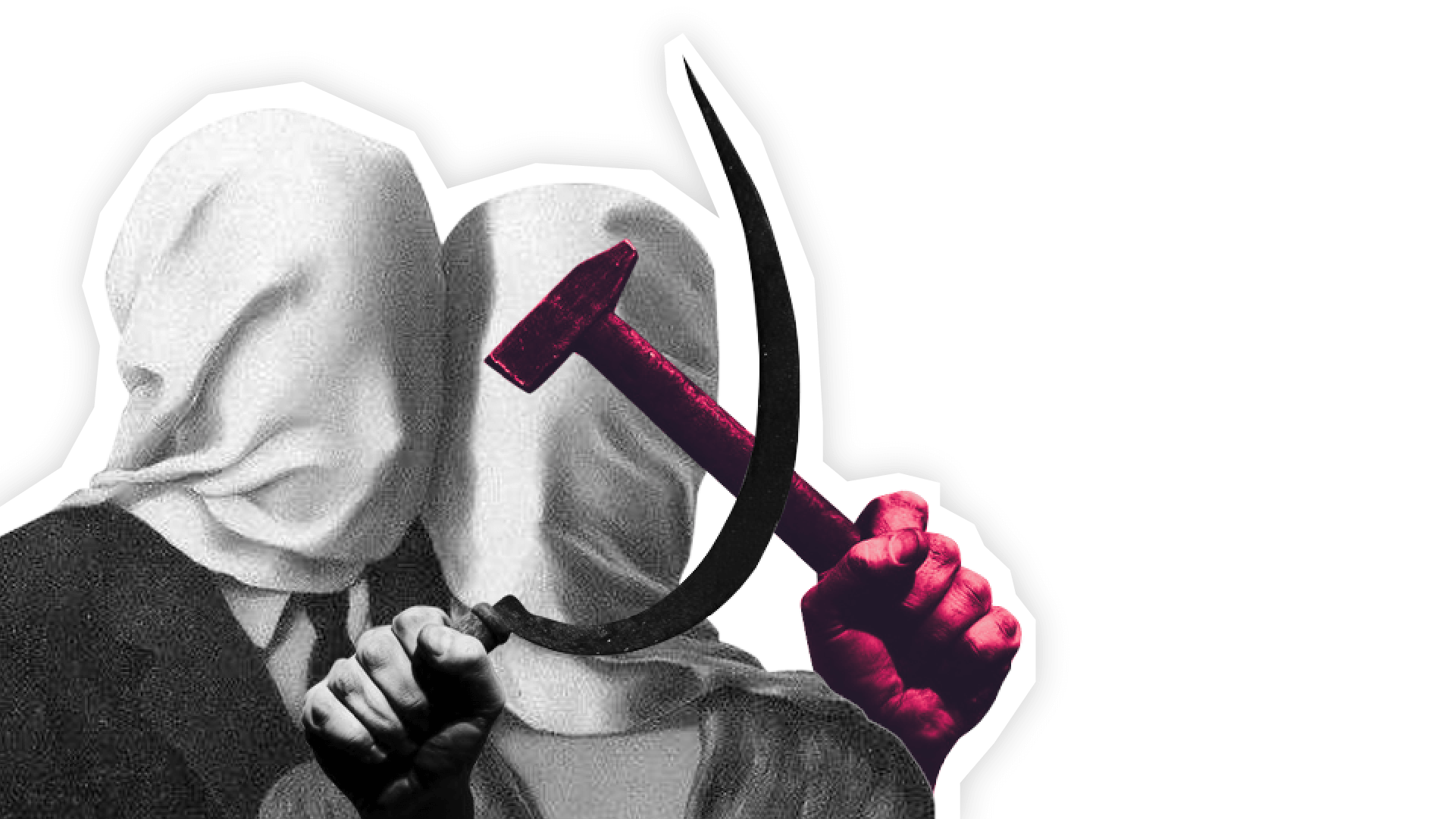
What if homophobia in Central Asia is a product of colonialism?

Russian Propaganda’s Influence on Soviet and Post-Soviet Homophobic Narratives in South Caucasus
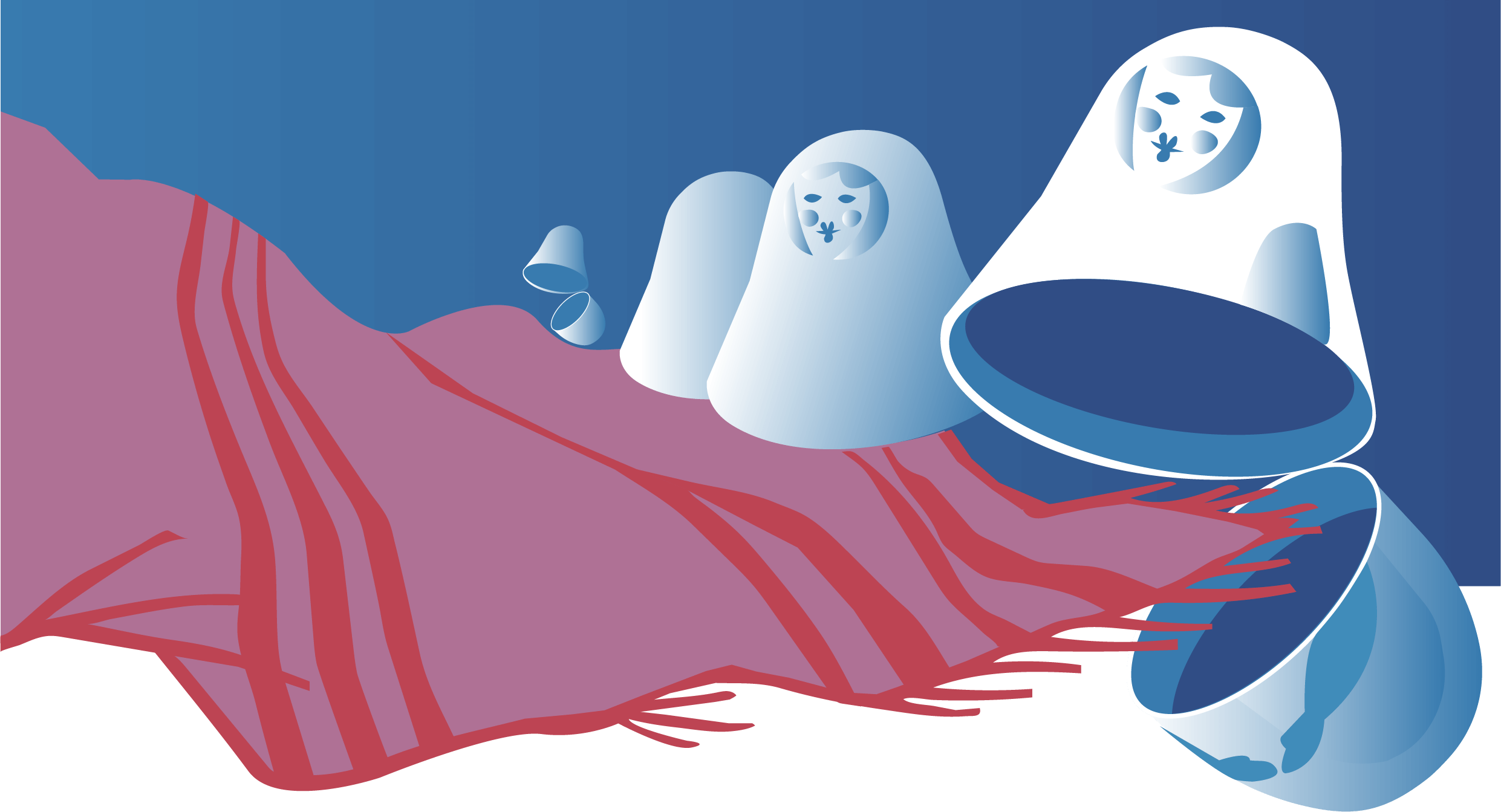
Russian Colonialism and Homophobia in Moldova

Russia’s Homophobic Law Inspires Azerbaijani Political Elites
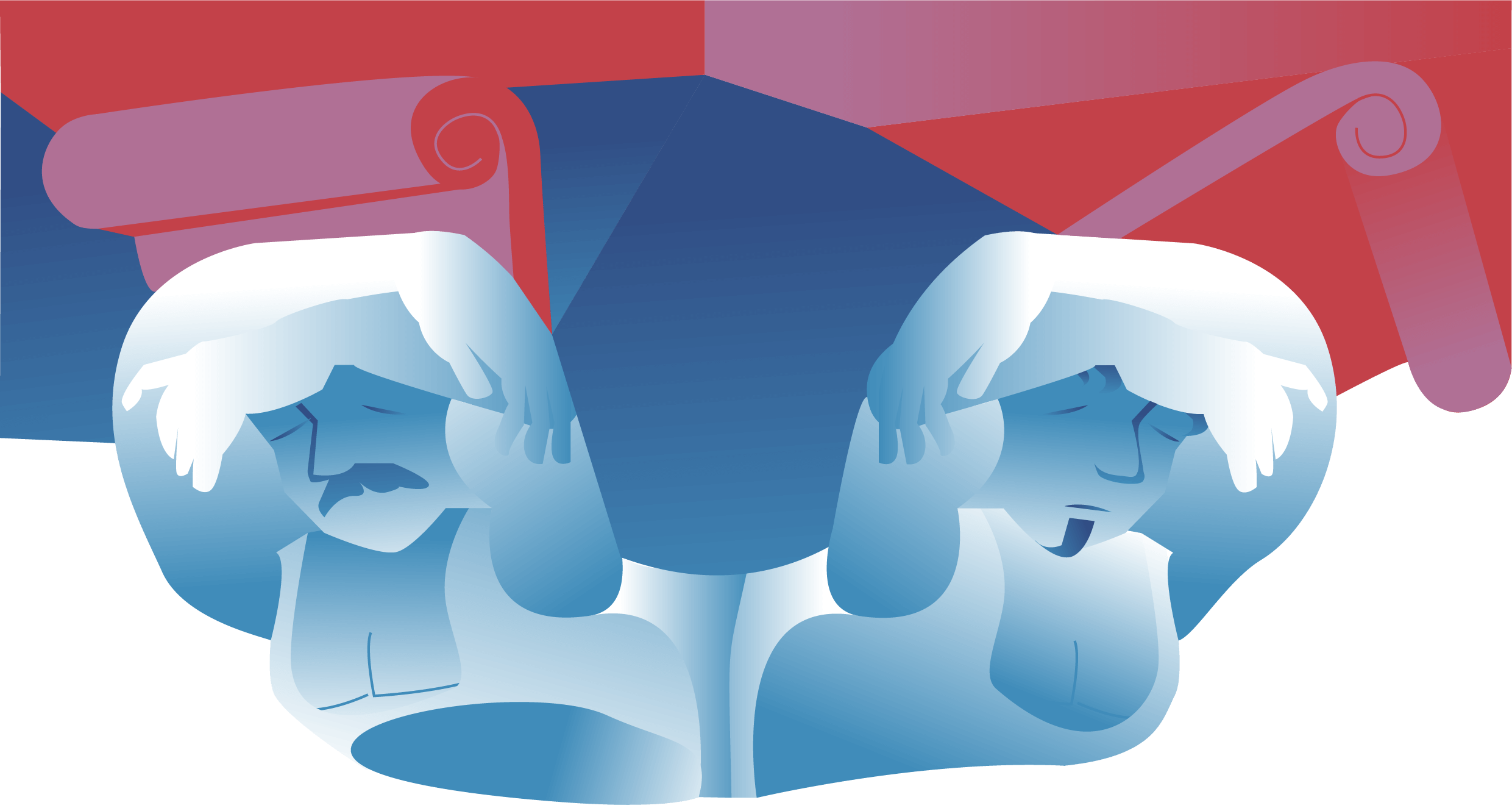
“I Put a Lid On My Sexual Orientation, I Buried It”: Life of LGBTQ+ People in the Temporarily Occupied Territories of Ukraine

Non-traditional Values: Did Uzbekistan Inherit Homophobia and Family Concepts from Soviet Union?
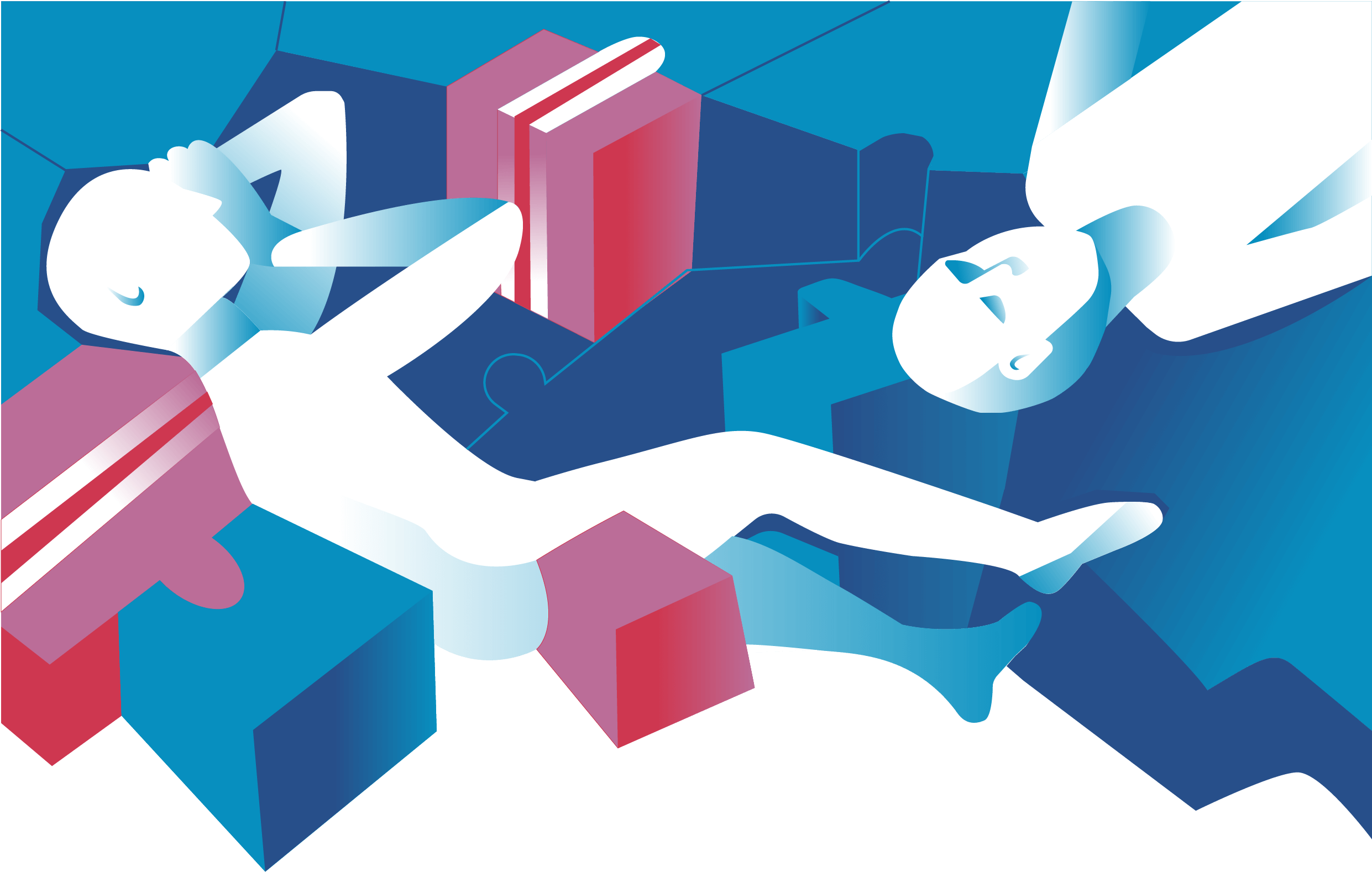
Gay Pride Parade, “Dazhynki” or White March: which holiday suits “Belarusians of the future”?

Beyond Blurred Existence
